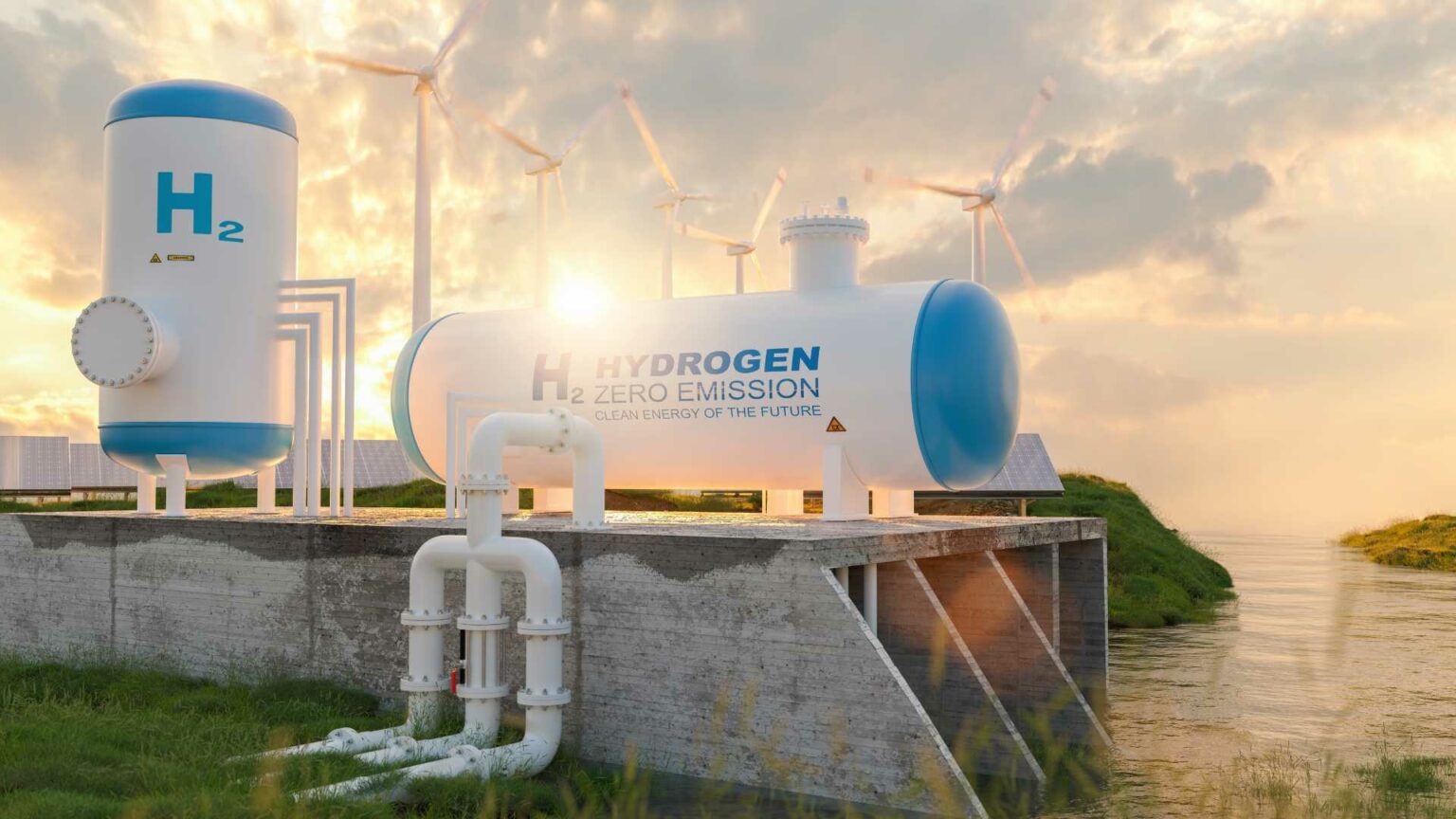South Korea’s largest utility, Korea Electric Power Corporation (KEPCO), has agreed to fund early works for what could become the world’s largest renewable hydrogen hub. The proposed facility, known as the Western Green Energy Hub (WGEH), is set to incorporate up to 50 gigawatts (GW) of wind and solar energy in Western Australia’s southeast corner.
Project DetailsThe initial phase of WGEH aims to integrate approximately 6 GW of wind and solar power, targeting an annual production of 330,000 tonnes of green hydrogen. The hub could expand to 50 GW and produce 3.5 million tonnes of green hydrogen each year if fully developed.
Partnership with KEPCOThe collaboration with KEPCO began last year with a Memorandum of Understanding (MoU) signed in September. South Korea plans to meet a third of its energy demands through hydrogen by 2030, bolstered by a $270 million initiative to create six hydrogen cities.
Support from InterContinental EnergyInterContinental Energy, a green hydrogen developer based in Singapore, owns nearly half of WGEH. The partnership with KEPCO propels the project into the feasibility study stage for the first phase. WGEH CEO Ray Macdonald highlighted the importance of this partnership for Australia’s role in the global green hydrogen sector and its potential to meet Korean market demands.
Project ScopeThe KEPCO deal includes project engineering, cost modeling, and identifying suitable Korean and Australian companies for development and potential supply agreements.
Ownership and TimelineWGEH is a roughly $100 billion project, with ownership shared among Indigenous company Mirning Green Energy (10%), InterContinental Energy (46%), and CWP Global (44%). The site covers 15,000 square kilometers of Mirning lands. Construction is expected to take around 15 years, with initial production slated for the 2030s, pending a final investment decision in 2029.
Government Support and FeasibilityThe WGEH project is not eligible for South Korea’s clean hydrogen power bidding market, which has already commenced. However, Australian government support, including a $2 per kg Renewable Hydrogen Production Tax Incentive, has significantly boosted WGEH’s prospects. This is part of the Government’s $22.7 billion “Future Made in Australia” initiative.





